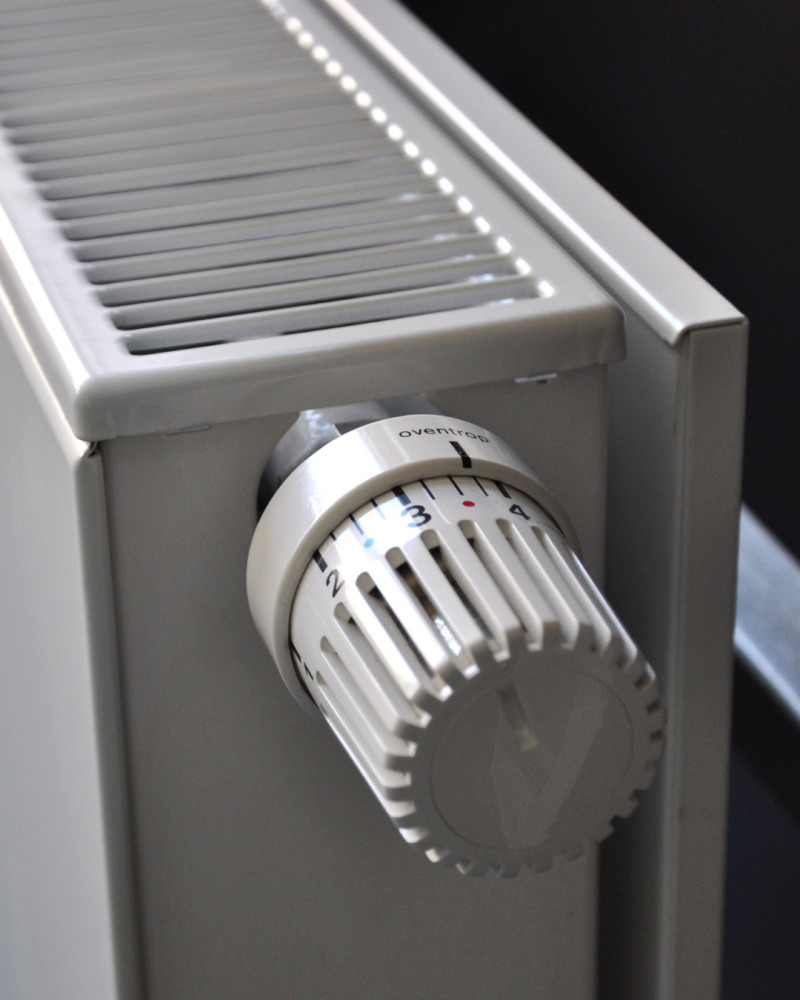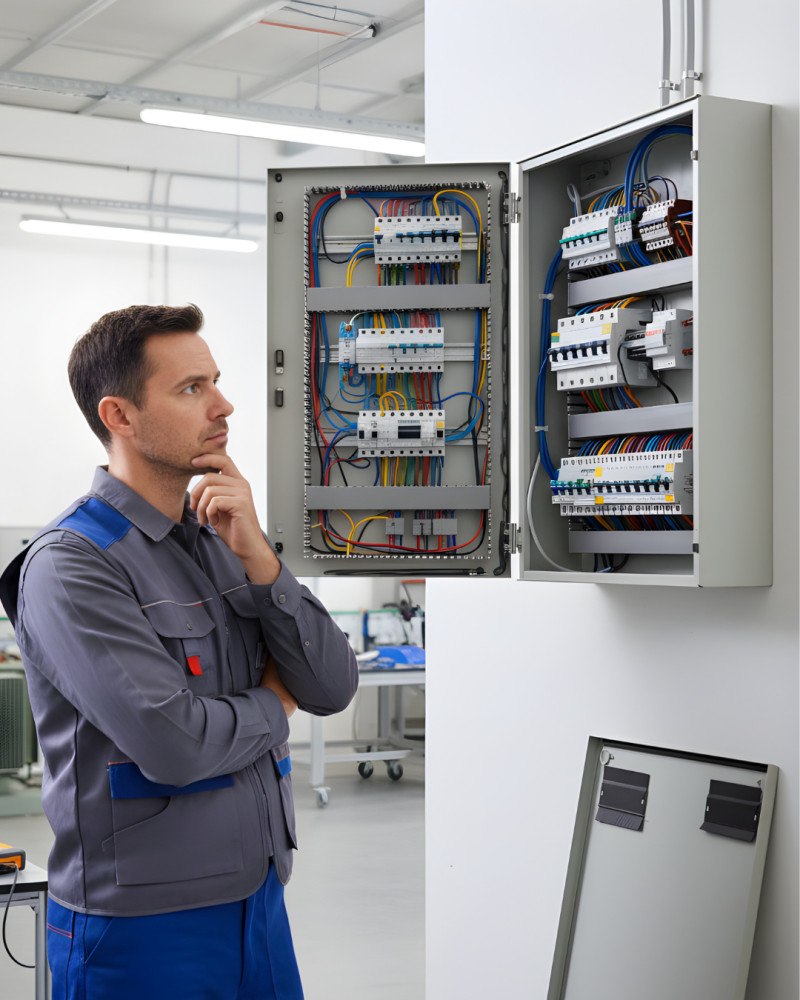How to Start a Gas and Heating Business
Starting a gas and heating business can be highly profitable, but it requires the right certifications, strong safety standards, and smart business planning. With growing demand for energy-efficient heating and boiler services, a well-run business can grow quickly.
This guide walks you through the key steps to get started successfully.
1. Get Proper Licensing and Certification
Gas work is heavily regulated, so compliance is essential.
Obtain required gas and heating certifications
Register with the appropriate regulatory body (e.g., Gas Safe Register in the UK)
Stay up to date with safety standards and inspections
Keep records of all certifications
Without proper licensing, you cannot legally operate.
2. Register Your Business and Get Insured
Set up your business legally and protect yourself.
Choose a business structure (sole trader, partnership, limited company)
Register your business name
Open a business bank account
Get insurance:
Public liability
Professional indemnity
Employers’ liability (if hiring staff)
Insurance builds trust and reduces risk.
3. Define Your Services and Niche
Decide what services you’ll offer:
Boiler installation and servicing
Gas safety checks
Central heating installation and repairs
Emergency call-outs
Energy-efficient upgrades
Specializing (e.g., boilers or emergency services) can help you stand out.
4. Invest in Tools, Equipment, and a Vehicle
You’ll need reliable equipment to work safely and efficiently:
Gas testing and detection tools
Hand and power tools
Safety equipment (PPE)
Branded van (optional but recommended)
Quality tools reduce mistakes and downtime.
5. Set Pricing That Ensures Profit
Avoid undercharging—a common mistake.
Calculate labor, overhead, materials, and profit
Offer fixed-price services where possible
Charge appropriately for emergency or after-hours work
Clear pricing improves customer trust.
6. Build a Strong Local Marketing Presence
Most gas and heating businesses rely on local customers.
Focus on:
Google Business Profile optimization
Customer reviews and testimonials
Local SEO
Van branding and uniforms
Partnerships with landlords and property managers
Reputation drives growth.
7. Deliver Outstanding Customer Service
Safety and professionalism are critical in this industry.
Arrive on time and communicate clearly
Explain work and costs upfront
Follow all safety procedures
Clean up after every job
Excellent service leads to referrals and repeat business.
8. Manage Finances and Cash Flow
Strong financial management keeps your business stable.
Track income and expenses
Invoice promptly
Set aside tax money
Budget for equipment replacement
Good cash flow allows you to grow confidently.
9. Plan for Growth and Future Opportunities
Once established, look for ways to scale:
Hire and train certified engineers
Offer maintenance contracts
Expand into renewable heating (heat pumps, solar)
Build long-term customer relationships
Future-focused businesses stay competitive.
Final Thoughts
Starting a gas and heating business requires technical expertise, strict compliance, and strong business systems. When safety, quality, and customer service come first, profitability follows.



